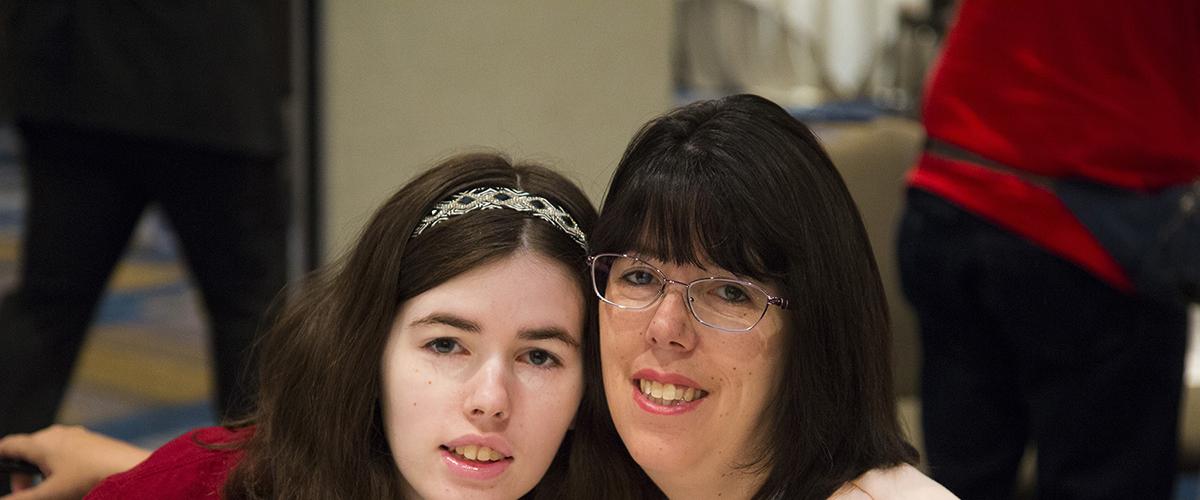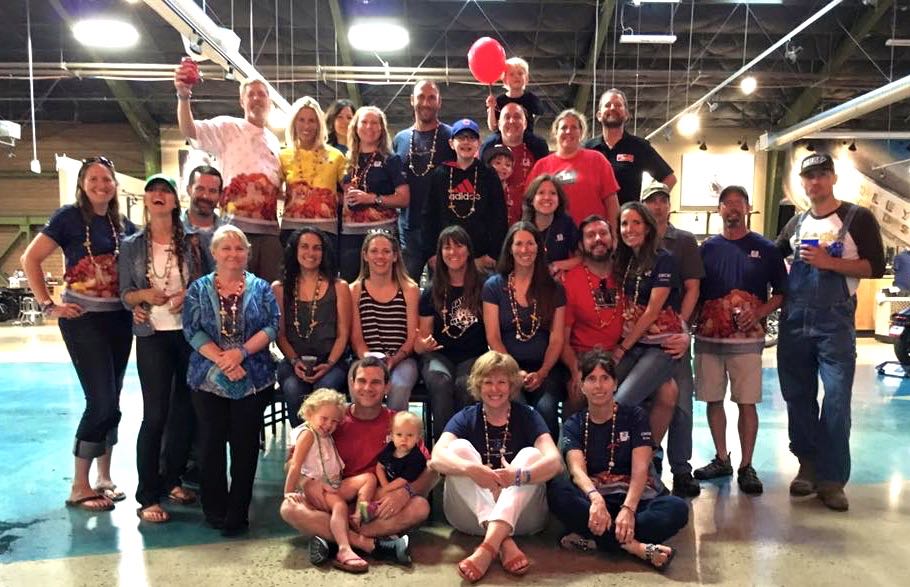New Study on DM1 Brain Changes
A variety of tools are being brought to bear in order to study one of the least understood consequences of DM: the impact upon brain cognitive function. Lead author, Dr. Dimitri Renard, recently reported his team's findings using 18F-deoxy-glucose positron emission tomography (FDG-PET) in 48 DM1 patients seen in their clinic in Nimes, France. Their findings are consistent with reduced activity in a brain area responsible for rapid eye movements (saccades) and are consistent with prior reports of eye movement abnormalities in DM1.
Several research groups in the U.S. and elsewhere are using brain imaging techniques, most commonly MRI, in conjunction with psychological evaluations, in order to understand what brain areas and what functions are impacted in DM. FDG-PET imaging provides a unique capability in that it assesses function through increases or decreases in metabolism within specific brain regions. FDG-PET works by measuring the use of a key energy source, glucose, by imaging differences in the uptake of a modified glucose molecule carrying a radioactive tag. Any differences in FDG uptake between impaired and normal tissue then are visualized by imaging the tagged glucose.
Dr. Renard and colleagues studied 48 symptomatic and genetically confirmed DM1 patients (including early and late onset DM1), in comparison to a matched control group, using FDG-PET brain imaging. The most striking observation was reduced FDG-uptake in Brodmann’s area 8, an area known as the “frontal eye fields.” Although patients exhibited a range of expanded CTG repeat lengths (83 to 2000), there was no significant correlation between repeat length and degree of impairment in FDG uptake. Since the authors determined CTG repeat length from blood samples, and repeat length can differ in blood, muscle, and brain of the same patient, the authors acknowledge that tissue differences may explain the lack of a correlation. Likewise, this study did not find differences between early and late onset patients, but the sample size may not have been sufficient to draw statistically meaningful conclusions on FDG-uptake versus age of onset.
Taken together, progress in understanding the central nervous system consequences of DM will require application of both modern brain imaging and neuropsychological testing. It is essential that we understand changes in the brain, both to improve clinical management of DM patients, as well as to develop targeted therapies for the brain. The increase in research on the DM brain in the last few years is encouraging.
Reference:
In myotonic dystrophy type 1 reduced FDG-uptake on FDG-PET is most severe in Brodmann area 8.
Renard D, Collombier L, Castelli C, Pouget JP, Kotzki PO, Boudousq V.
BMC Neurol. 2016 Jul 13.


